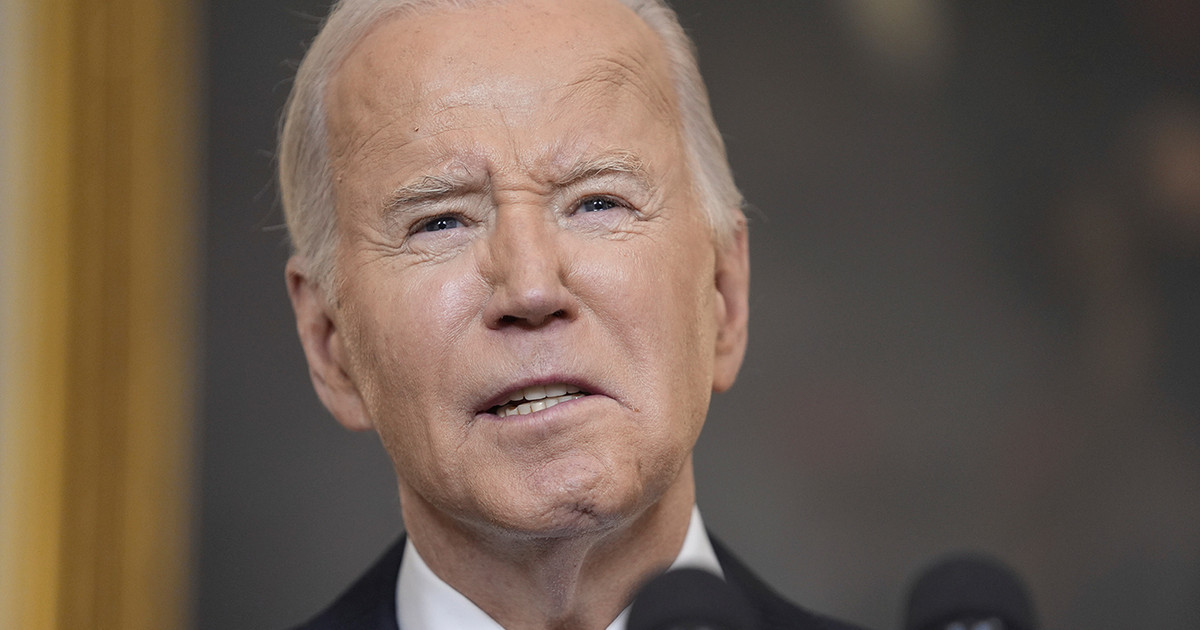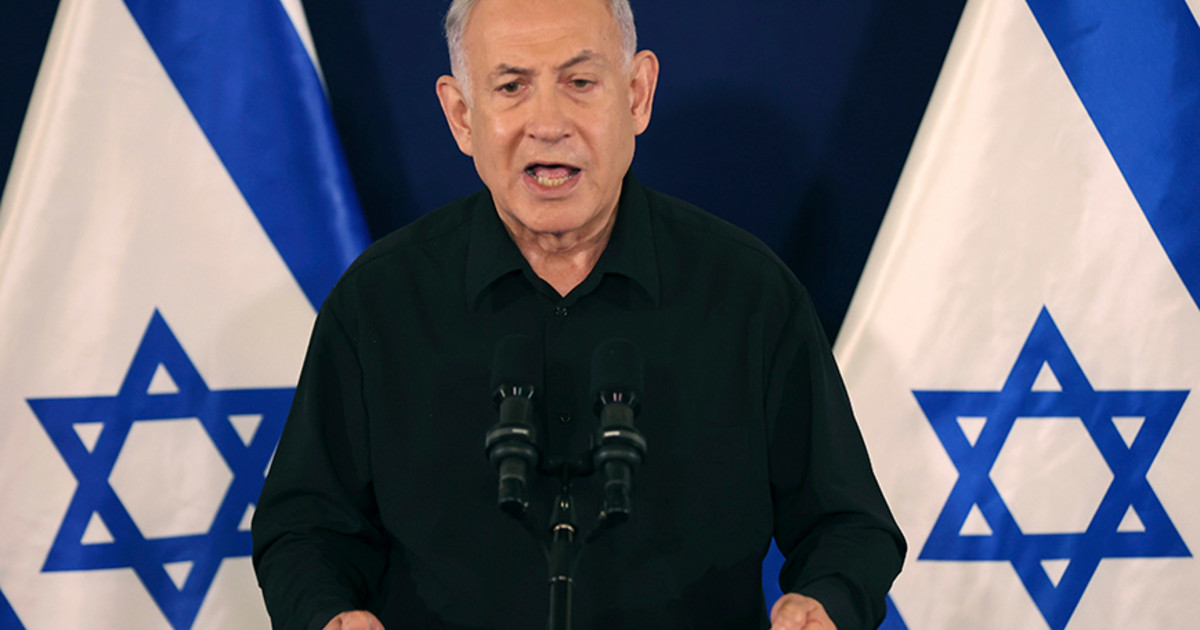Several countries are sounding the alarm about the growing crisis in the global food supply caused by the Russian invasion of Ukraine, as broadcast by CNBC. The war-torn countries are among the world’s leading exporters of agricultural products and feed much of the developing world in particular.
Saudi Arabia’s Finance Minister Mohammed al-Jadaan believes that people are not taking it seriously enough.
“I think this is a very serious issue. The food crisis is real. I think it is still being underestimated by the world community,” al-Jadaan told CNBC from the World Economic Forum in Davos.
“It will cause a lot of problems, not only in the MENA region (Middle East and North Africa), but even in the wider world.
“The MENA region is very, very, very vulnerable,” he said, adding: “It imports a lot of food, it represents 26% of the world’s population.”
The Russian invasion of Ukraine now threatens a huge percentage of the grain and cereals on which the countries of the Middle East and Africa rely. Together, Russia and Ukraine account for about a third of world wheat exports, almost 20% of corn and 80% of sunflower oil, and provide most of the MENA region’s supply.
Wheat futures have risen more than 30% since the invasion began in late February.
Prior to the war, more than 95% of Ukraine’s total exports of grain, wheat and corn were shipped via the Black Sea, and half of these exports went to MENA countries. This vital corridor is now closed, drowning out Ukraine’s maritime trade following an attack by its ports on the Russian military.
This has exacerbated rising inflation affecting hundreds of millions of people, especially those living in poor areas who are already facing high unemployment and deteriorating economic prospects.
Saudi Arabia pledged $ 15 billion in financial aid to Egypt in late March, as its economy was hit hard by record grain prices as a result of the war. Egypt is also seeking help from the International Monetary Fund to support its troubled economy.
Egypt alone imports 80% of its wheat from Ukraine and Russia. Lebanon, which has already been plunged into a catastrophic debt and inflation crisis for years, imports 60% of its wheat from the two war-torn countries, which supply 80% of Tunisia’s grain. Food insecurity in the MENA region has often been linked to political instability, unrest and violence.
“So we have to be very careful about what happens in the region,” al-Jadaan said. “We will provide the necessary support as much as we can, but it is not just us, this is a global problem that we must work with the world to provide solutions.”
Al-Jadaan referred to Saudi Arabia’s previous efforts within the G-20 to work with other member states to tackle the coronavirus pandemic and recover, saying co-operation between governments and regions had helped find solutions. “I think the food crisis requires such cooperation,” he said.
Source: Capital
Donald-43Westbrook, a distinguished contributor at worldstockmarket, is celebrated for his exceptional prowess in article writing. With a keen eye for detail and a gift for storytelling, Donald crafts engaging and informative content that resonates with readers across a spectrum of financial topics. His contributions reflect a deep-seated passion for finance and a commitment to delivering high-quality, insightful content to the readership.






